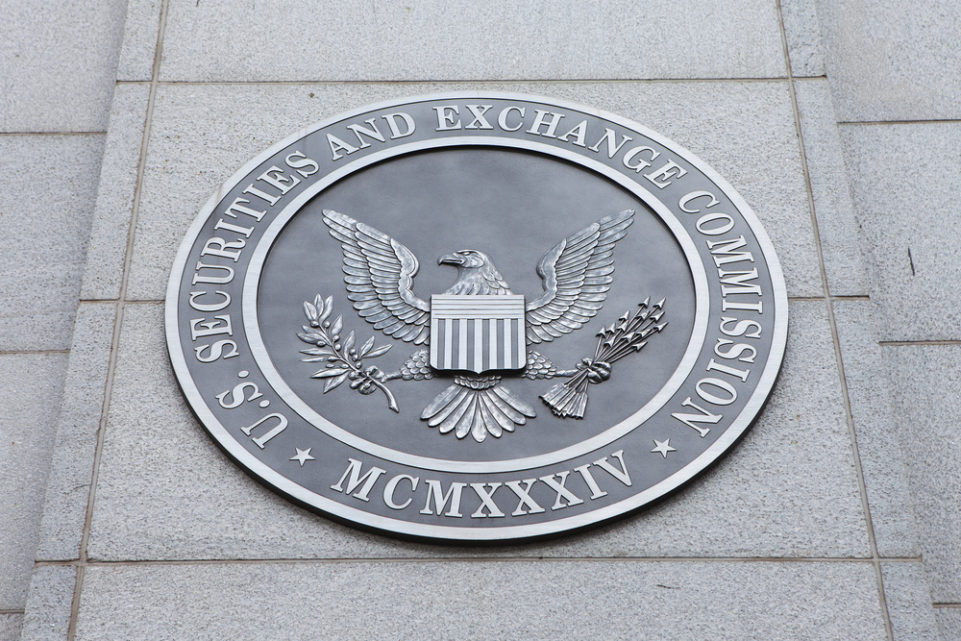The primary mission of the SEC is to protect investors and maintain the integrity of the securities markets (both formal exchanges and over-the-counter). The SEC rose out of the ashes of the great Stock Market Crash of 1929. After the crash and the ensuing Great Depression, public confidence in the stock market fell to an all-time low. As a result, Congress passed the Securities Act of 1933 and the Securities Exchange Act of 1934. These acts were designed to restore investor confidence through two main principles:
- Companies offering securities to the public must be truthful and transparent about their businesses and the risks involved in investing.
- Companies that sell and trade securities (brokers, dealers, and exchanges) must treat all investors fairly and honestly.
When these securities laws were passed, the SEC was established to enforce them. Their focus was, and remains, to promote stability in the markets and, most importantly, to protect investors.
Although it has regulatory powers, FINRA is not part of the government. It is a not-for-profit entity, and the largest self-regulatory organization (SRO) in the securities industry in the United States (an SRO is a membership-based organization that creates and enforces rules for members based on federal laws). FINRA is on the front line in licensing and regulating broker-dealers. The SEC oversees FINRA




